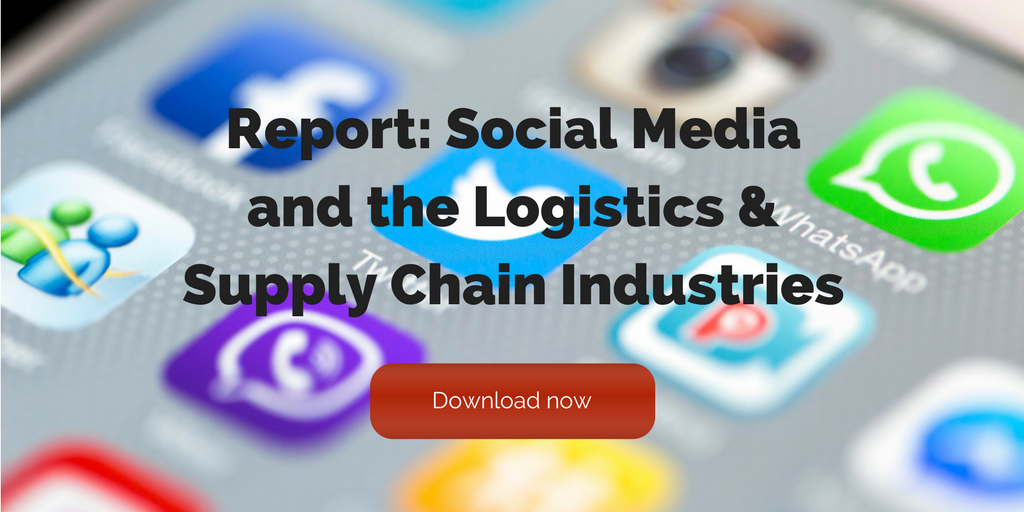
4 Ways Social Listening Benefits Your Supply Chain Business and Helps Grow Revenue
Social listening can help your business gain valuable insight about prospects, monitor your competitors, turn around negative conversations about your company, and earn social influencers.
Every day, conversations are taking place about your company, your products and services, your industry, and your competitors. These conversations are not just happening over the water cooler: They are happening on social media.
These conversations not only provide invaluable (and often strategic) information, they also serve to shape and define your company and your brand. With the advent of social media, the reality is that is the customer who drives your company’s image and brand message. If your company isn’t on social media, you miss out.
Social listening — 4 key benefits
Social listening, or social monitoring, is the process of monitoring social media to identify and assess what is being said about a company, individual, brand, product, or service. Through social listening, your company can gain market intelligence. You learn how your company, products, and services are being perceived. Knowing this information in real time is invaluable.
Here are 4 ways social listening can benefit your business and help you grow revenue.
1. Gain valuable prospect insight
Social media can be an incredible tool for getting to know your leads. Think about it: Social networks possess massive amounts of self-qualified, real-time data about billions of people. Consider the astonishing number of monthly active users on each platform:
- Facebook: 1.86 billion
- LinkedIn: 467 million
- Twitter: 319 million
- Instagram: 600 million
That’s a lot of potential customers. Now think about all of the details users provide on their social profiles and the kinds of things they post about: their preferences, where they live and work, and how they feel about different companies and brands, to name a few. Social listening lets you mine this information to learn about your prospects and customers.
2. Stay ahead of the competition
Social listening allows you to access valuable information about your competitors. You can see what customers are saying about your industry peers and make strategic decisions based on this knowledge. Using programs like Hootsuite, you can monitor keywords and your competitors’ brands and products. Based on your findings, you can make critical changes or create content to increase your brand awareness.
3. Create tone awareness
You know customers are talking about your company, but is the tone a positive one? And if it’s not, how are you responding? Social listening gives you the opportunity to take a negative customer-service situation and not only correct the problem, but improve the customer relationship. By having a personal response to negative comments on social media, your company shows a genuine concern for its customers and an investment in customer satisfaction.
4. Earn key influencers
People value the reviews of their peers over claims from a corporation. In fact, 93% of millennials have made a purchase based on a recommendation from friends and family, and 89% of millennials trust these recommendations more than they do the claims of the brand itself. Hence the rise of the influencer marketing.
Social media influencers are people that encourage others to work with your business through social networking. According to Sprout Social, “Social media managers prize their social media influencers because they drive engagement, discussions and word of mouth for your brand.” Real people talking about their experiences with your products and services helps foster trust in new customers.
Using social intelligence
To reap the benefits of social listening, including increasing your revenue, you need to use the information and intelligence gathered. For example, if you learn via social media that your customers are experiencing issues with a specific product, take steps to determine what the issues are, and then make the appropriate changes.
The Aberdeen Group offers additional examples of how businesses have and can use social listening: “Companies can use the voice of the customer to make critical adjustments and find issues related to inventory allocation, order management, returns management, cost, overall service satisfaction and beyond.”
The opportunities the supply chain and logistics industries can realize through social listening are great. Not participating in social listening results in missed opportunities.
Related posts:

